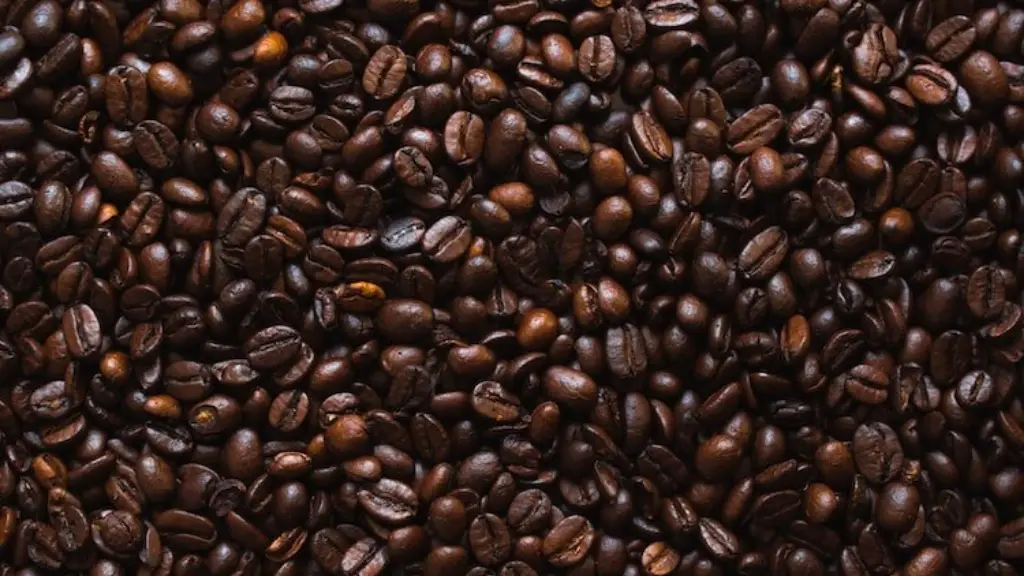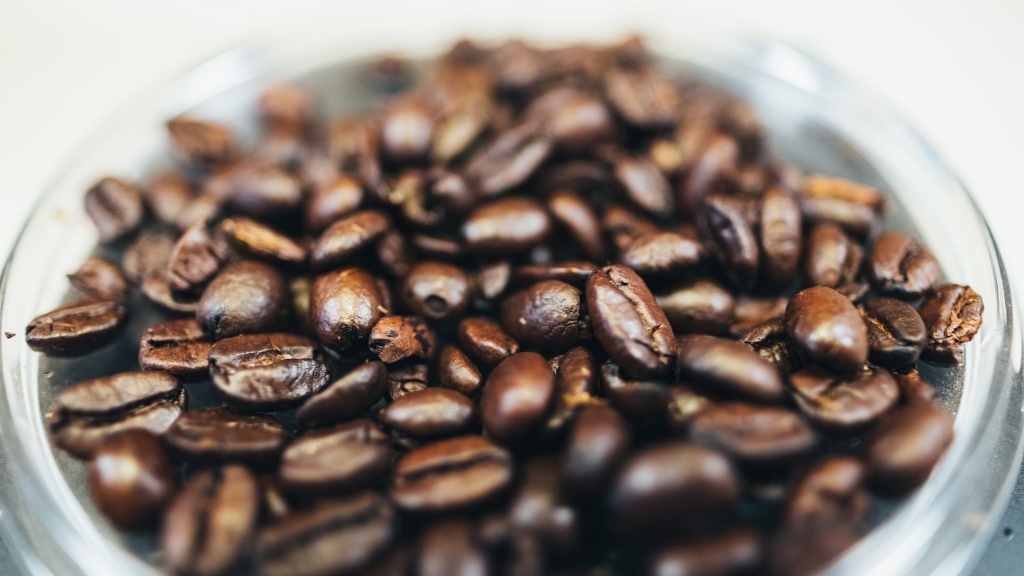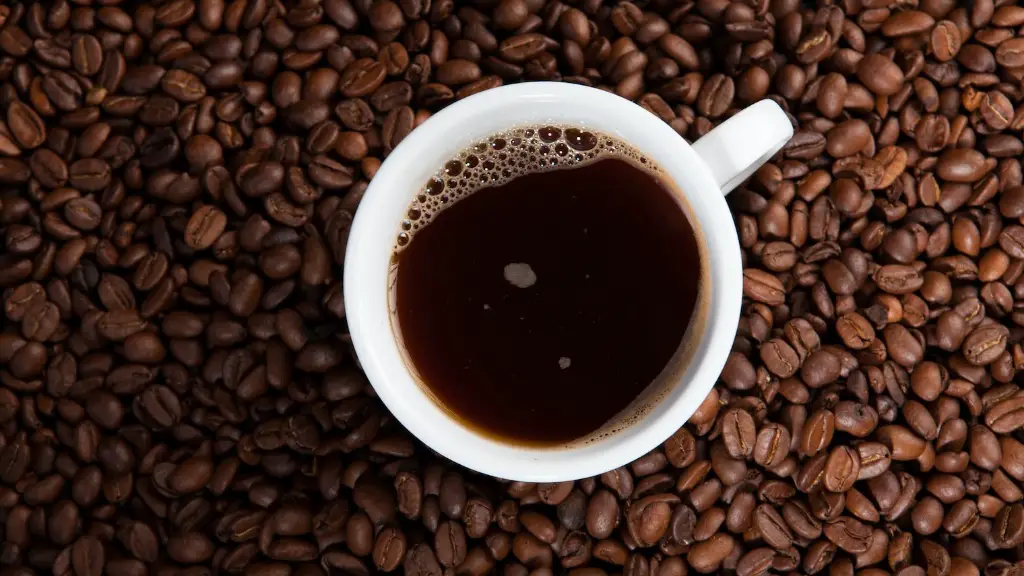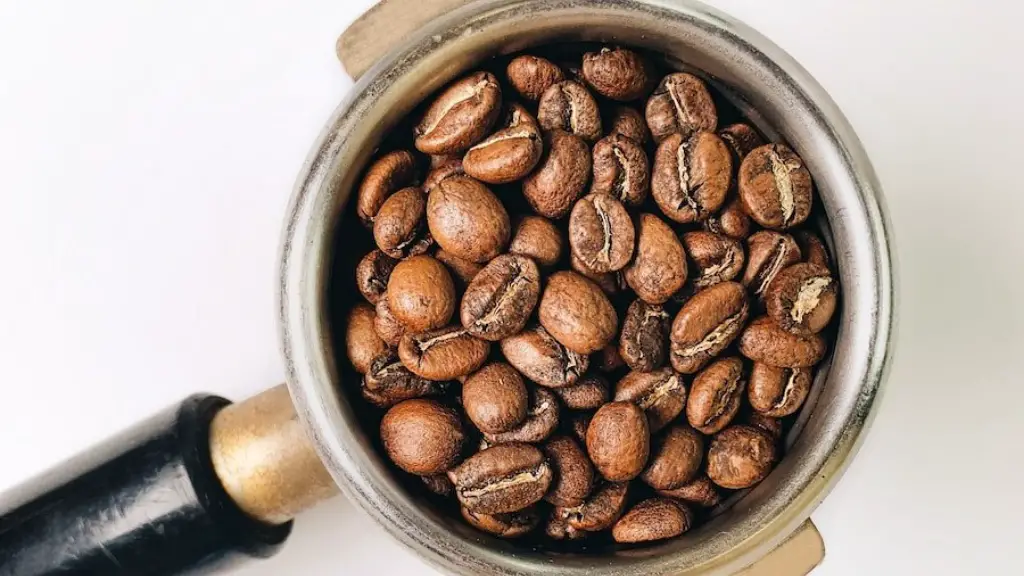Caffeine Content
Starbucks decaf coffee is advertised as containing no caffeine, but it’s important to understand that no coffee is truly caffeine-free as all coffee beans contain some levels of the stimulant.
The exact levels depend on multiple factors, including the origin of the beans, the roasting technique used, and the preparation method. It is also important to note that even decaffeinated coffee contains a measurable amount of caffeine, though it is lower than caffeinated coffee.
According to the US Food and Drug Administration (FDA), “decaffeinated” coffee must contain no more than 0.10% caffeine in order to qualify as decaf. The exact amount of caffeine in Starbucks decaf coffee varies, depending on the origin and roast, but typically contains 3-13.9 mg per 8 oz. cup.
Experts believe that even the trace amounts of caffeine found in decaf coffee should be enough to provide mild stimulation and mental alertness, though it’s unlikely to cause negative health effects or disrupt your sleep.
Caffeine Extraction Process
Caffeine is extracted from raw coffee beans in a variety of ways, including the use of solvents like ethyl acetate or methylene chloride. Though these are generally considered safe, some consumers may prefer alternatives that do not involve the use of chemical solvents.
Starbucks decaf coffee is created using the “Swiss Water Process,” a chemical-free technique that uses a solvent-free water bath to extract the caffeine. This process was developed in Switzerland in 1933 and is considered one of the gentlest methods of decaffeination.
The method starts with green coffee beans soaked in hot water, and then small amounts of the caffeine-laden water are slowly added and stirred in. The beans are then rinsed and soaked again in fresh, hot water, and slowly heated to extract the caffeine. This process is then repeated multiple times until the desired levels of caffeine are achieved.
The caffeine content in the beans is constantly monitored throughout the process, so Starbucks is able to achieve an exact amount and level of decaffeination.
Nutritional Value
Decaffeinated coffee is not an ideal source of nutrition since it’s primarily composed of water, but it does offer a few beneficial compounds.
It contains small amounts of stimulants like theobromine, antioxidants like chlorogenic acid, and minerals such as magnesium, potassium, and calcium. It also provides trace amounts of essential vitamins such as thiamin and riboflavin.
However, due to its low levels of caffeine, decaf coffee is unlikely to have the same health benefits as regular coffee, such as increased alertness and improved mental and physical performance.
Risks and Benefits
The most notable benefit of decaf coffee is that it offers those sensitive to caffeine a way to enjoy some of the taste and aroma associated with coffee without experiencing the unwanted side effects of too much caffeine.
There also some potential risks to consider when drinking decaf coffee, including the possibility of ingesting small amounts of chemical solvents if the beans were decaffeinated using a chemical process. The exact amount of solvents consumed can vary depending on the process used and the manufacturer.
It is also important to remember that decaf coffee still contains some levels of caffeine, so if you are expecting the same effect as a fully caffeinated cup of coffee, you may be disappointed.
Impact on Health
Decaf coffee has been linked to health benefits such as improved digestive health, reduced inflammation, and a lower risk of type 2 diabetes.
However, the health benefits of decaffeinated coffee appear to be modest and may be due more to the natural compounds found in coffee rather than the levels of caffeine.
Furthermore, studies have found that decaf coffee may not be as beneficial as caffeinated coffee in terms of mental performance, alertness, and physical performance. Therefore, if you’re looking to maximize the potential health benefits of coffee, caffeine-rich coffee may be more beneficial than decaf.
Taste and Quality
Decaf coffee has a slightly different flavor from regular coffee, as the process of removing some of the caffeine can also remove some of the complex compounds that give coffee its unique flavor and aroma. That being said, most people find that Starbucks decaf coffee still has a pleasant taste and aroma.
The quality of Starbucks decaf coffee also tends to be high since it’s made from 100% arabica beans and is decaffeinated using the Swiss Water Process. This ensures that the beans don’t come into contact with any chemical solvents and guarantees that they’re free from potentially harmful compounds.
Price and Availability
Starbucks decaf coffee is widely available in most supermarkets and specialty stores. It’s also available in numerous forms, including whole bean, pre-ground, and K-cups.
The price of decaf coffee varies depending on the type of beans used, origin, and processing method. Its generally more expensive than regular coffee, but it’s still an affordable option.
In conclusion, Starbucks decaf coffee contains lower levels of caffeine than regular coffee and contains some potentially beneficial compounds such as antioxidants and minerals. It offers those sensitive to caffeine a way to enjoy the taste and aroma of coffee without experience the effects of too much caffeine, but it’s important to remember that decaf coffee is not caffeine-free.





